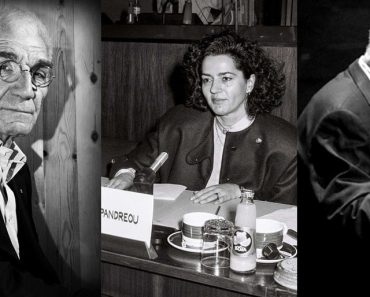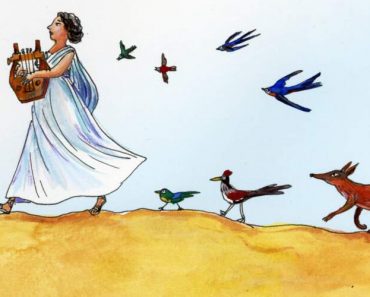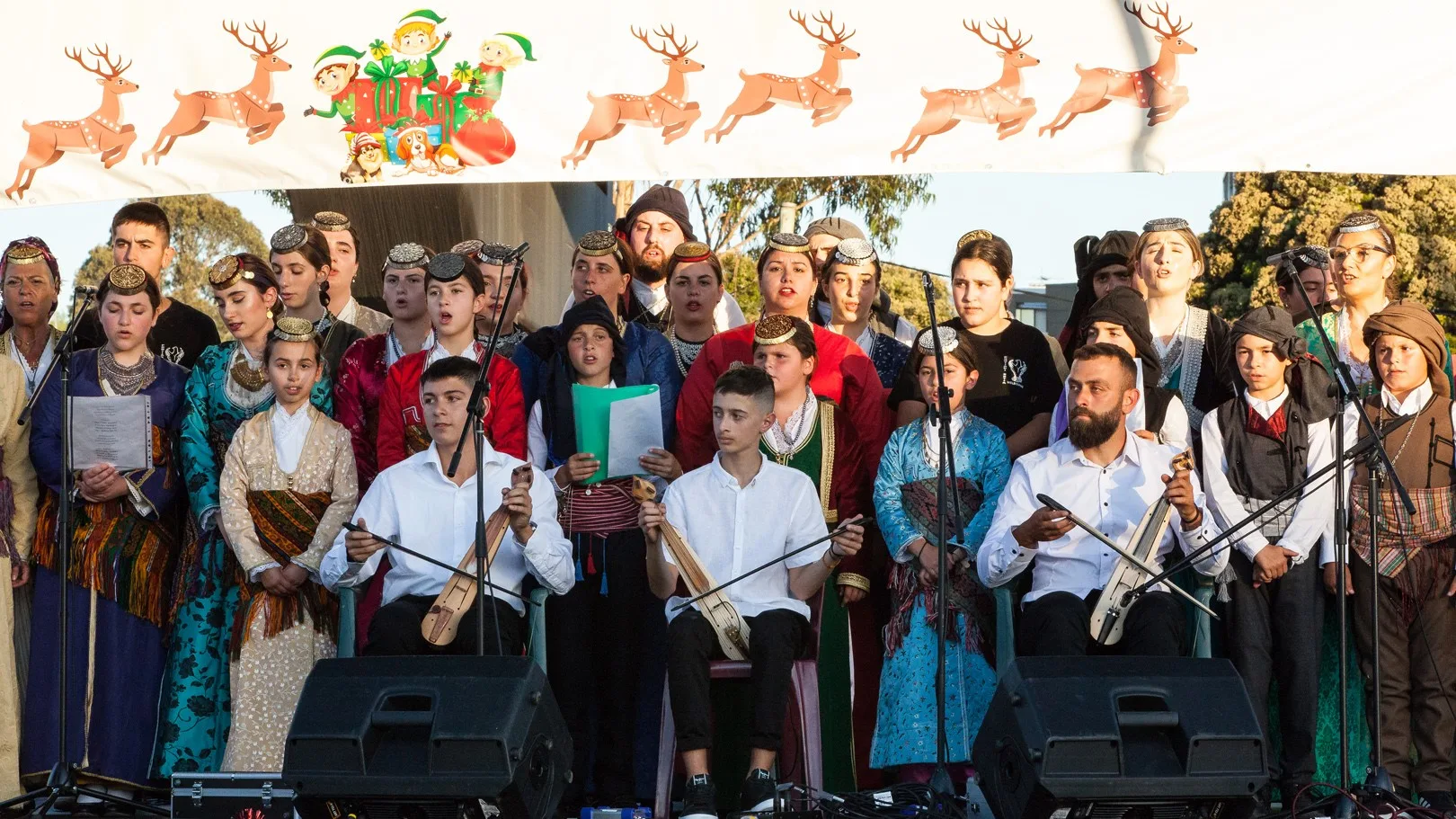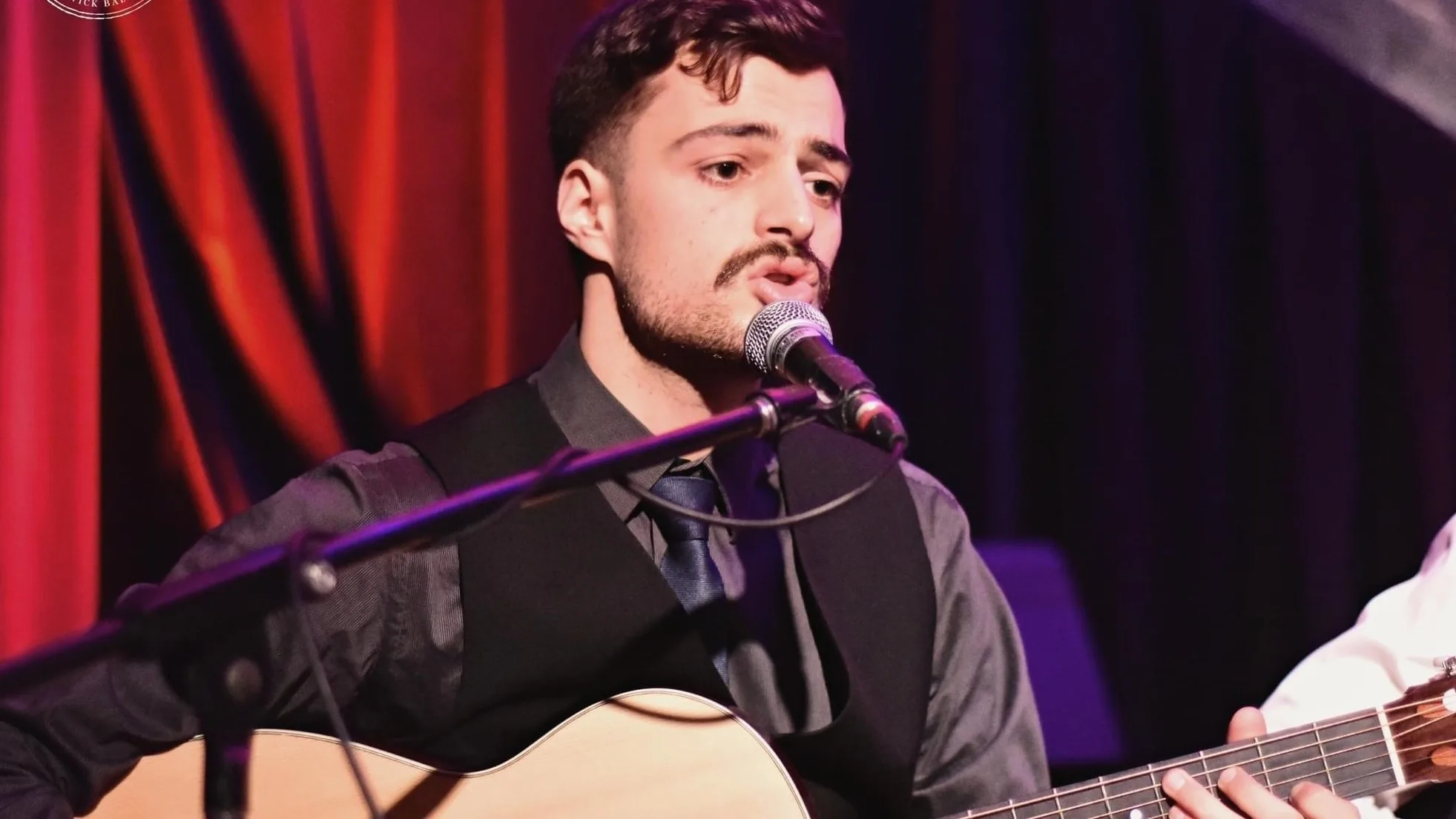Czech theatre theorist Ivo Osolsobě’s tick-list for what constitutes an “authentic” musical is quoted in this release’s booklet. Namely that the songs should advance the narrative and express characters’ feelings, that singing, dancing and acting are integral elements, and that the story is rooted in real life.
Director Ladislav Rychman and co-screenwriter Vratislav Blažek get all three elements right in The Hop-Pickers (Starci na chmelu), a Czech musical which was a huge critical and commercial success on its release in 1964. Blažek first conceived the project as a theatrical production addressing “the emotional problems of youth”. Finding a large young cast who could all act, sing and dance proved difficult in 1960s Czechoslovakia, hence its eventual completion as a filmed musical, professional singers dubbing actors’ voices during the set pieces.
 The Hop-Pickers follows a group of adolescents in an idyllic rural location picking the titular flowers. The crop’s economic and cultural importance is immediately made clear in song, hops described as “green gold”. This isn’t the first musical number: an extended pre-credits sequence features a Greek chorus in the shape of three effortlessly cool black-clad guitarists, telling us that “the story you’re about to see… could be your son’s or daughter’s”. It’s an arresting opening, the trio’s subsequent appearances equally memorable.
The Hop-Pickers follows a group of adolescents in an idyllic rural location picking the titular flowers. The crop’s economic and cultural importance is immediately made clear in song, hops described as “green gold”. This isn’t the first musical number: an extended pre-credits sequence features a Greek chorus in the shape of three effortlessly cool black-clad guitarists, telling us that “the story you’re about to see… could be your son’s or daughter’s”. It’s an arresting opening, the trio’s subsequent appearances equally memorable.
The three main characters are first identified in a busy canteen scene: Filip (Vladimir Pucholt, at the time completing work on Miloš Forman’s debut feature) is an idealistic intellectual who’s managed to convert an attic space into a secret bachelor pad, complete with improvised shower, bookshelves and a handy harmonium. He’s smitten with Ivana Pavlová’s Hanka, alluring but initially aloof, the pair’s nascent relationship threatened by the charismatic, jealous Honzo (Miloš Zavadil, pictured below left), the group’s bare-chested alpha male. When he sings “may the dumbest pull the cart/and the smartest enjoy the ride” his bad-boy status is confirmed. Honzo knows how to schmooze and flatter to get ahead at others’ expense. Selfish individualism can’t be allowed to win out though, and you’ll want to cheer when Honzo gets his comeuppance.
 The musical numbers are terrific, from a tongue-in-cheek celebration of communal agricultural work to a brilliantly catchy bossa nova number. Most striking is “The Day is Lovely”, a spectacular dream sequence where Filip imagines a happy, lasting relationship with Hanka. Robert Wise’s adaptation of West Side Story seems an obvious influence, though Rychman only watched it when The Hop-Pickers was half-completed. The sunny exteriors and location footage predate those in Jacques Demy’s Les Demoiselles de Rochefort, released in 1967, but Rychman’s film has its own unique, very distinctive flavour: the final sequence, wonderfully choreographed, is a tad downbeat but entirely fitting.
The musical numbers are terrific, from a tongue-in-cheek celebration of communal agricultural work to a brilliantly catchy bossa nova number. Most striking is “The Day is Lovely”, a spectacular dream sequence where Filip imagines a happy, lasting relationship with Hanka. Robert Wise’s adaptation of West Side Story seems an obvious influence, though Rychman only watched it when The Hop-Pickers was half-completed. The sunny exteriors and location footage predate those in Jacques Demy’s Les Demoiselles de Rochefort, released in 1967, but Rychman’s film has its own unique, very distinctive flavour: the final sequence, wonderfully choreographed, is a tad downbeat but entirely fitting.
The epithet “ripe for rediscovery” is overused, but this colourful curio really deserves your attention, and it looks and sounds wonderful in this 4K restoration. Jonathan Owen’s booklet is an interesting read, giving details of the film’s production and outlining the later careers of Rychman and Blažek. Bonus features include a brief 1952 look at One Hundred and Ten Years of the Pilsen Brewery, directed and photographed by the great Karel Zeman, later to become famous for The Fabulous Baron Munchausen.







